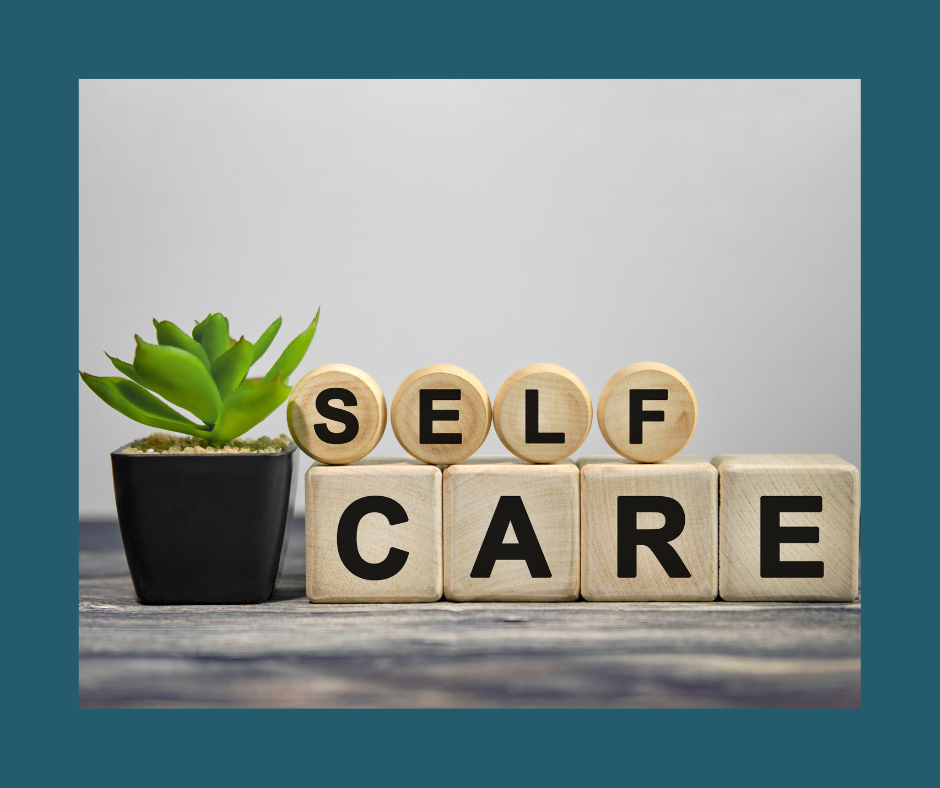Therapy as Self-Care has become a common phrase in today’s culture. The environmental stressors of the
past three years have challenged all of us to consider how our daily lives impact our sense of
wellness and have highlighted our need for nourishing and recharging activities.
However, the definition of self-care can be quite ambiguous, leaving many of us wondering why
our latest bubble bath, spa day or Netflix binge didn’t leave us feeling more energized or
capable of managing the next week.
It turns out that although these activities can be part of our
self-care routine, meaningful care for yourself is a little bit more individualized, well-rounded and
intentional.
—
When broken down into manageable components, self-care can be categorized into four
primary domains including, respecting your physical self, investing in your future self, honoring
your spiritual self, and nurturing your mental self (Sanders, 2021).
This means that the actual
activities that we spend time in are much less important than how those activities intentionally
nourish our sense of self-esteem, growth, connection, and emotional awareness.
This is where therapy can create a meaningful space for you to evaluate how you are currently
tending to these needs and where there might be room adjustments in a non-judgemental and
caring way.
Additionally, therapy can support you in working through some of the beliefs, habits
and behaviors that might be limiting your ability to make time for yourself, prioritize your
wellbeing and be present in your self-care time; which are often some of the biggest hurdles
when trying to bring self-care into the fold of daily life.
The experience of feeling seen and
having our emotional experience witnessed and held, can open up the self-compassion required
to kindly pay attention to one’s self.
If you would like more information on how therapy might be a helpful component in your
self-care routine, you can connect with us here at Emmaus Psychology.
Sanders, J., (2021). Me Time: The self-care guide that transforms you from surviving to thriving.
White Lion Publishing.
—
The Therapists at Emmaus Psychology provide counselling to adults, children, families, parents,
and couples. Emmaus Psychology specializes in the mental health and emotional wellbeing of
all individuals, experiencing a wide variety of concerns; anxiety, depression, shame, OCD, stress,
relational issues, trauma, life transitions, emotional dysregulation, child and youth issues, pre-
partum/peri-partum support, and family conflict.
Article written by:
Written by Shelley Petry, Registered Provisional Psychologist

